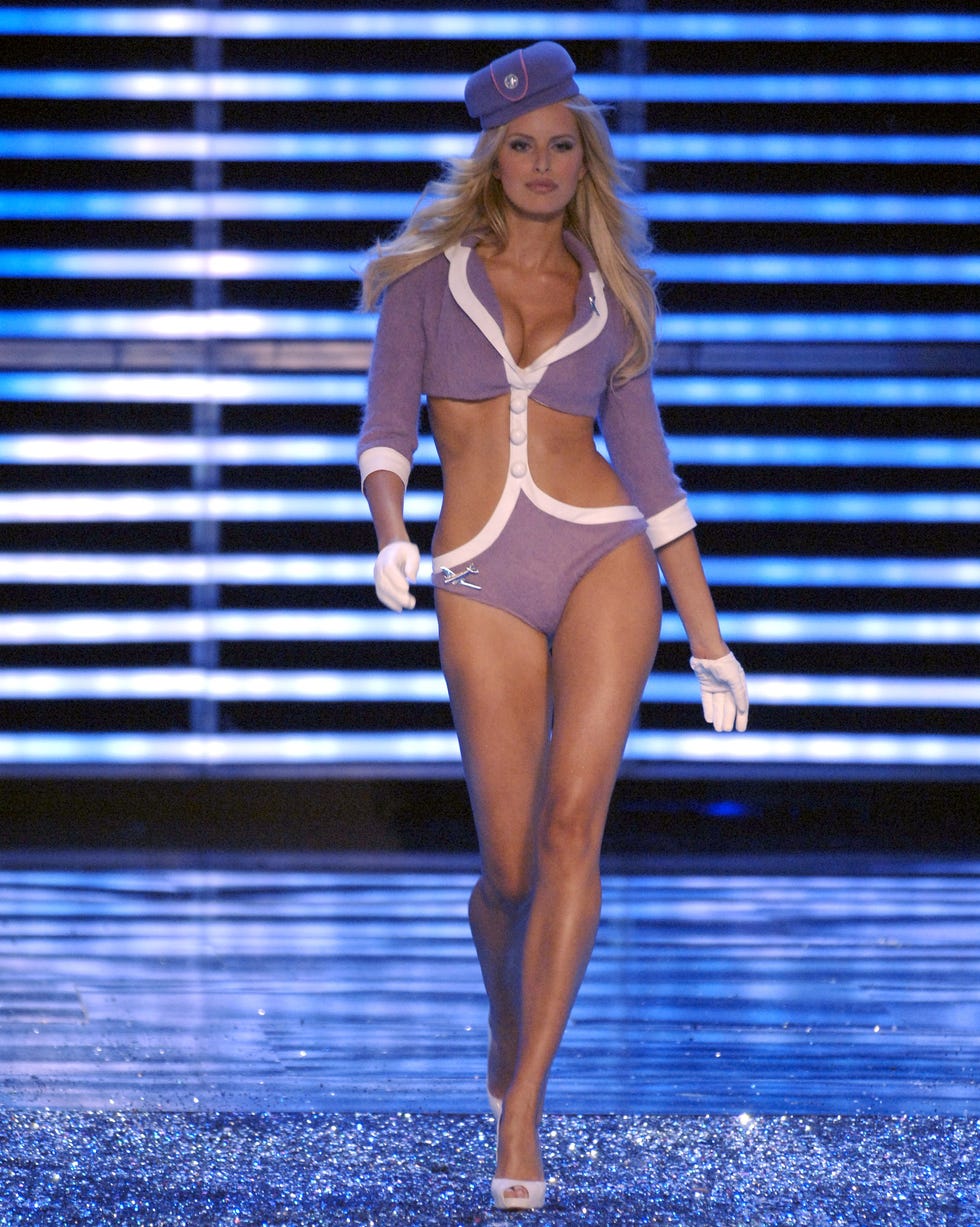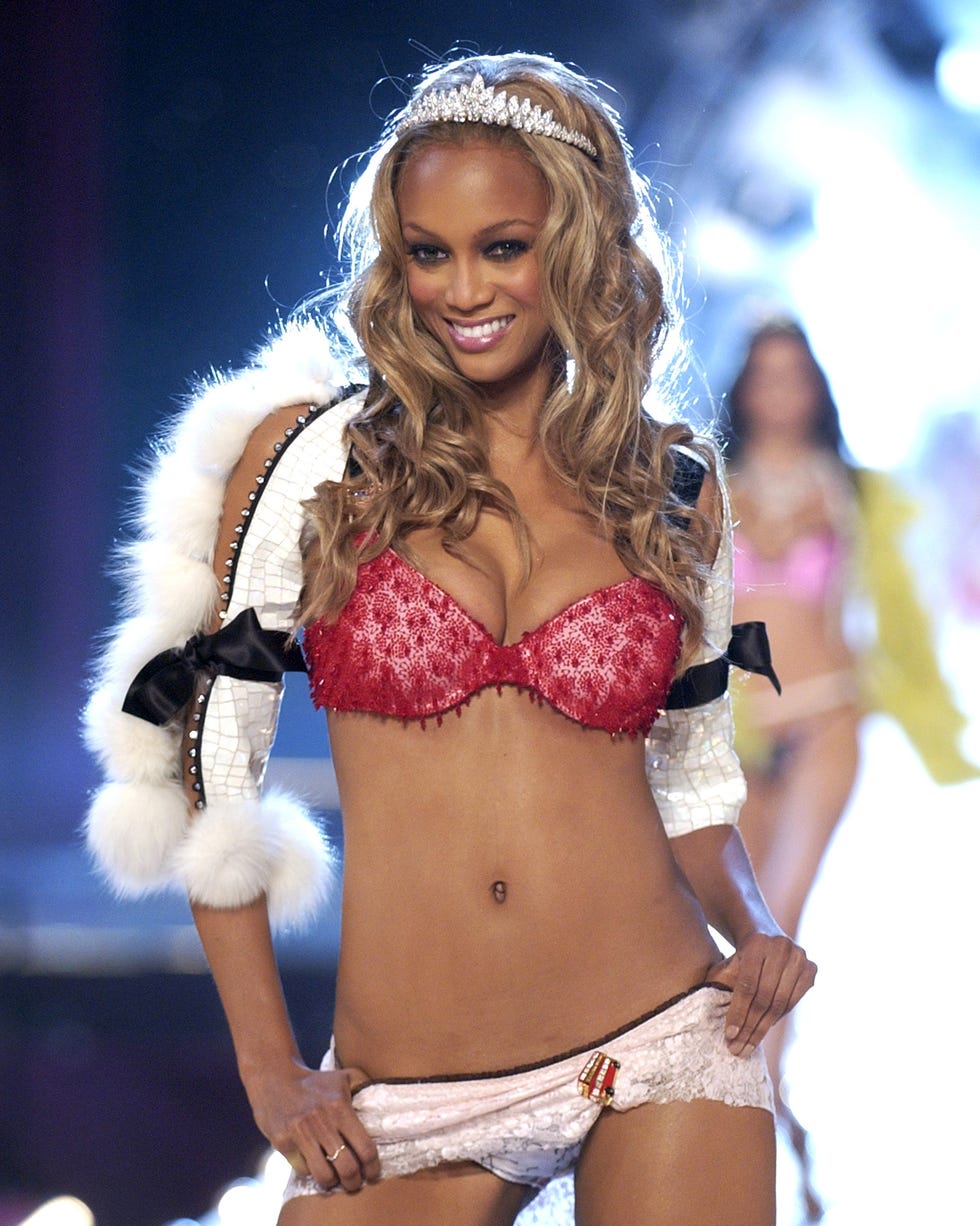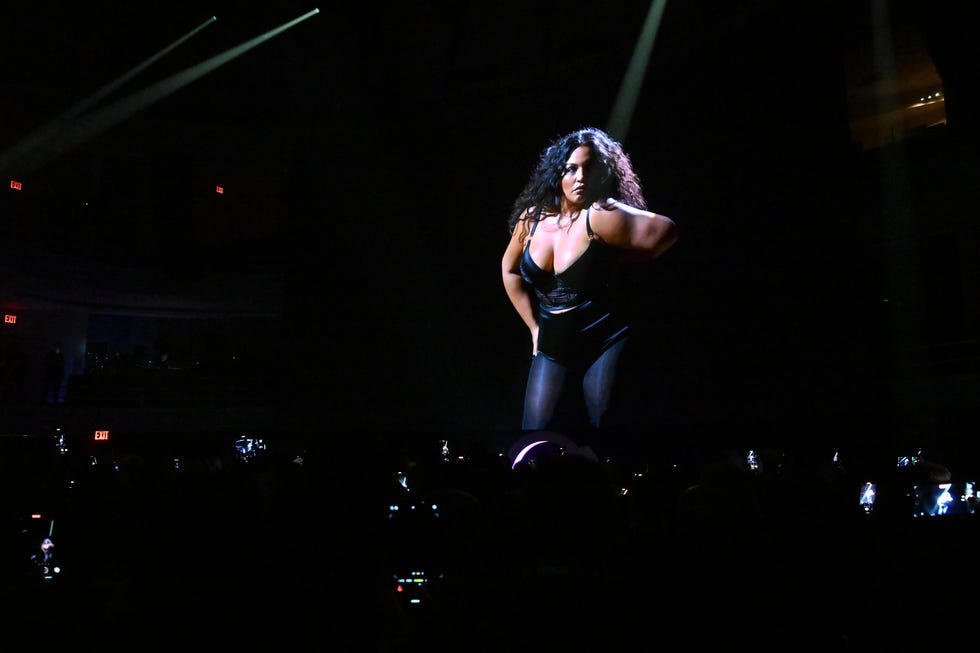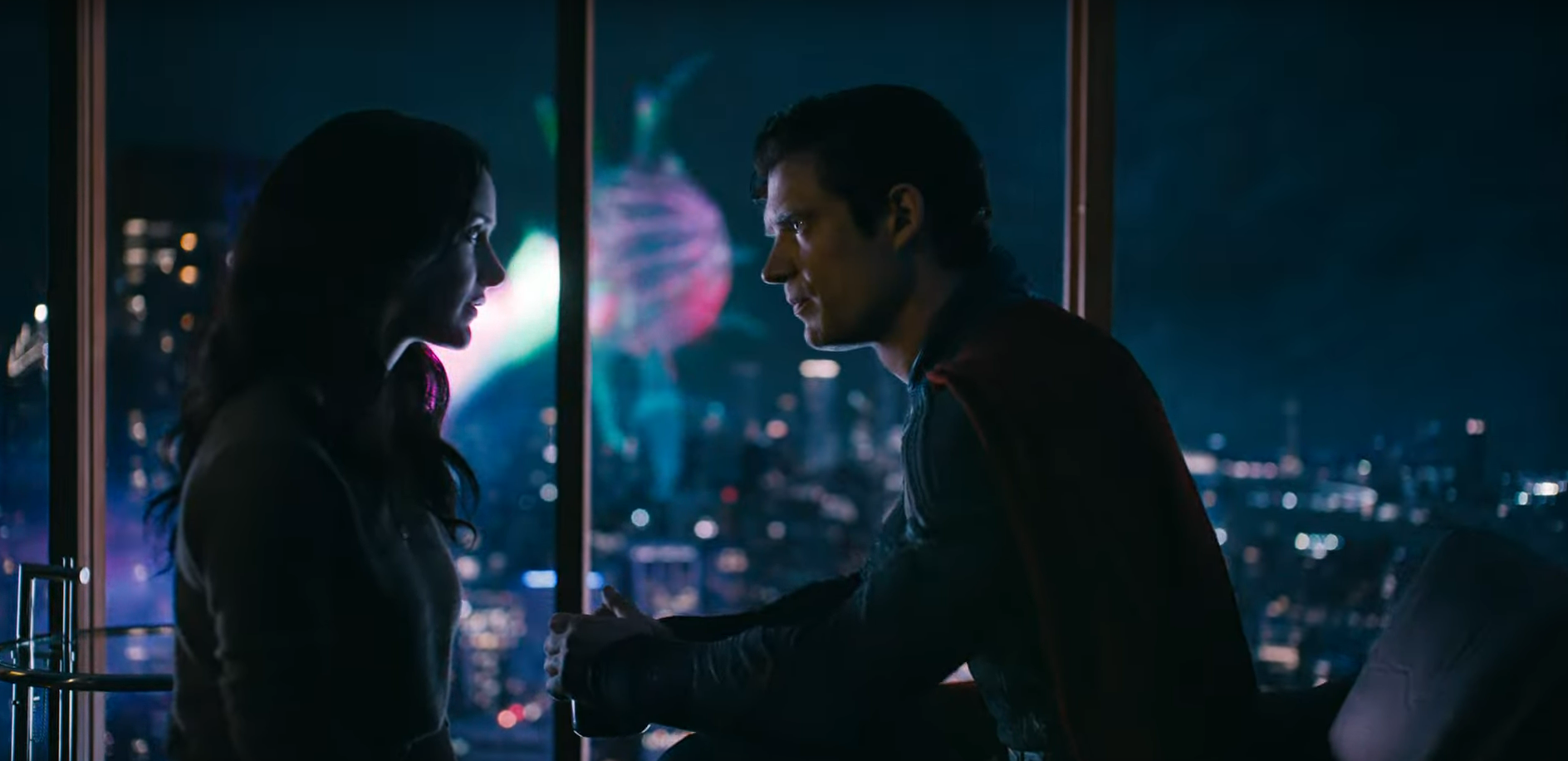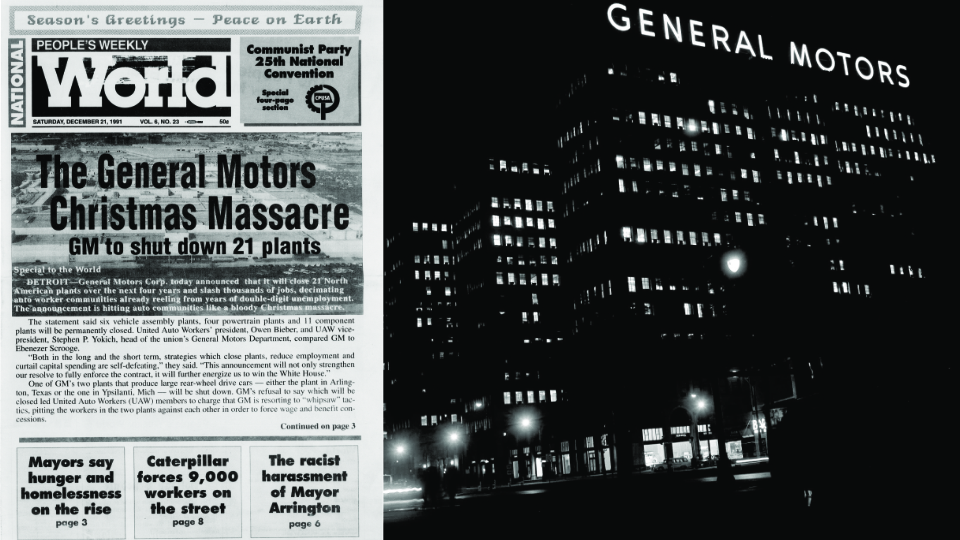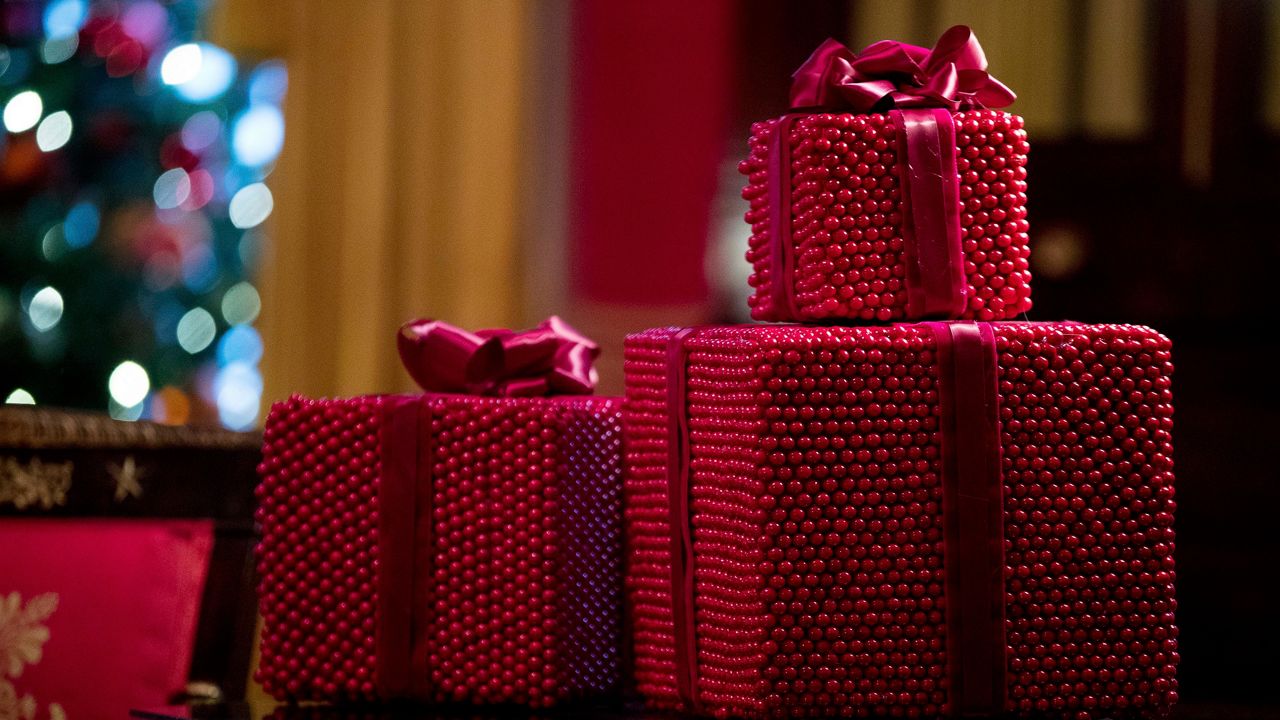Fashion
The Victoria’s Secret Fashion Show and Me: A Love Story

We used to not quite know what time it was at any given moment in the day—you kind of just had to look at the sun. From the back seat of the school bus, I saw it settling atop the peaks of the Temescal Mountains, and I could tell I was cutting it way too close. I stood up before we came to a complete stop, and the bus driver yelled in my direction. I made a break for it anyway. My periwinkle JanSport banged against my lower back, key chains snagging the black tights I’d just bought from Hot Topic. I couldn’t afford the time it would take to adjust the straps—not today. It was Thursday, November 13, 2003, at 3:59 Pacific Standard Time. The Victoria’s Secret Fashion Show was going live in 5… 4…
In my particular slice of Southern California, communing with fashion was rarely an organic experience. Instead, it was hard-won. A trip to the ritzy Orange County shopping complex might grant you a glimpse of a Louis Vuitton Speedy bag through a vitrine, but for a fashion-obsessed preteen like me, that would scarcely scratch the itch. Victoria’s Secret was the closest I could get to true glamour.
The ties between the lingerie retailer and me ran deep. In fact, Victoria’s Secret was the only store at the mall that offered all the sexy grandeur of my high-fashion dreams while remaining somewhat accessible to the general public. It was clothing you could touch—fantasy you could feel. You could get as close as a dressing room, and that was close enough. After all, when your allowance is zero bucks a week, the Bombshell bra is essentially couture. So that afternoon, on that notorious runway, when I saw the Million-Dollar Bra™ bedazzled with crystals and diamonds make a literal miracle happen, I felt like I knew her. (Her being the bra, not the model.) I’d seen her in the dressing room in the malls, hanging out of my older sister’s chest of drawers, her removable strap dangling down, just asking for me to climb into it. So I did. And just like that, an outsider was allowed inside.
Watching the Victoria’s Secret Fashion Show—even alongside millions of other viewers, from the sun-cracked leather La-Z-Boy in our living room—was like getting an invitation to the world’s coolest party. The audience was sprinkled with celebrities; the cameras panned to various members of the Frat Pack poised to pick out their new girlfriends. Through the naïve lens of this 12-year-old, it all felt deeply fun and not at all objectifying. Reflecting on this now, 20 years later, both depresses and amuses me in equal measure.
The show was a master class in marketing—a hero’s journey that followed girls being plucked out of cities across the globe, all the way from the casting process to when they copped their first pair of wings. (Are you seeing the appeal for stars-in-waiting in cul-de-sacs across America?) The dream was only punctuated by the pioneering structure, which was, in my estimation, one of the most live-feeling pretaped experiences ever offered on cable. Viewers were always shown the meat of it all: the mess, the B-roll of producers scrambling to get the girls into a lineup with their towering platforms and gigantic wings often made of anything but feathers. Some guy with a headset would usher a model to her second look change, while another elbow-checked anyone in their path. In one of the more iconic occurrences that lives in the annals of Victoria’s Secret lore, a 2006 Karolína Kurková screamed, “My shoe is open! My shoe is open!” seconds before heading out to walk. “SOMEBODY HELP HER,” my twin sister and I would scream into the void, fists clenched to the sky. The Killers played as she expertly stepped out of her broken stiletto—the recovery imperceptible to the human eye. Maintaining her Barbie-like arch, she continued walking barefoot across the entire length of a runway paved with razor-sharp crystals. A goddamn legend. “She still looks fierce,” one of her contemporaries said backstage while watching it all go down on the monitor. This was behind the scenes.
The runway portion of the show was often sectioned off into themes reflected in the truly ridiculous costuming (Kurková was dressed as a buxom flight attendant in the aforementioned shoe-gate episode), and live musical performances accompanied each segment. There were few experiences in my youth that conjured the kind of full-on hysteria I felt when, in the 2003 show, Tyra Banks absolutely tore the runway to N.E.R.D.’s “Rockstar,” which was remixed specifically for the show. The hair was blonde. The waves were deep. The eye was smoky. The bra was bedazzled. And the tiara was sitting exactly where it was supposed to be: on the head of our queen mother.
It was fabulous. And I was fabulous. And something about my ability to recognize the majorness validated my outsize self-esteem at the time. These were my people. This was a bit of me. Even then, in my Hot Topic tights, thousands of miles away from the broadcast in New York City, I knew this was where I was meant to be. Diva to diva, a slay is a slay.
While my friends spent this precious hour somewhere in the vicinity of our local food court’s Hot Dog on a Stick, I was kicking off my Converses, getting ready to leave it all on the living room floor.
“3… 2… 1…,” I’d hear over a walkie-talkie, “Go, Adriana.”
It seems impossible, in today’s hypervigilant climate, that a young, chubby Black girl would have felt anything more than self-loathing and mortifying rejection while watching the Victoria’s Secret Fashion Show. Still, something about the Angels signaled possibility to me. They offered an escape. It’s not that I considered them to be perfect, but the world they inhabited was the kind of paradise that I could close my eyes and see. If I could feel that magic, then that was proof enough that the magic was actually mine. And as I clung to daydreams of discovery during homeroom, the walls of my mind were plastered with that crossed-legged, hippy walk Banks made famous—the one I’d practice crossing the street, and between classes. Believing, in earnest, that all I needed was a pair of wings to take flight.
Tyra, Heidi, Gisele, and Adriana—they were my superheroes. And perhaps that was by savvy corporate design. In those days, Victoria’s Secret spent bajillion-dollar budgets hiring Michael Bay to direct its seasonal commercials, and you could tell. Any one of these TV spots would be right at home within the Transformers cinematic universe; they could live quite comfortably within any number of action film franchises, to be honest. There was drama, there was intrigue, there were smoke and mirrors (literally!), crisp white sheets billowing in mega-knot wind with no known source. There were 100 cameras capturing 2,000 angles of the same pair of mile-long legs, and, for some reason, even though this fantasy couldn’t be further from my reality—even though those impossibly long legs would never be mine—I didn’t feel belittled or left out. I felt wild with ambition.
I struggle reminiscing about those days. Sometimes, I find myself wondering if perhaps the negative influence of sitting five inches in front of a monitor projecting inadequacy into my psyche was so subliminal that I was never truly privy to the toll it took. When I look back at my obsession with Victoria’s Secret, it’s as if the memory lives behind a facade of frosted glass—I can make out the shape and size of the trauma, but it’s undefined and murky. I know it’s there, but the integrity of the container convinces me that it will never break through. Maybe time has just washed away the stains of insecurity, maybe practicing radical self-love was the balm I needed, and the shame of once subscribing to white thin supremacy is gone for good. It’s not lost on me that Victoria’s Secret, especially in the early aughts, was not meant to be a friendly place for women with bodies like mine.
Still, the fact remains, whether truth or illusion, that being curvy and seeing women so confident in their sensuality felt powerful and desirable. At the ripe old age of 12, that was very close to all I wanted to feel.
Even now, as I prepare to attend the Victoria’s Secret Fashion Show as a guest, I get butterflies. Not because those Angels I always adored are now friends and colleagues and some even inhabit bodies that look much closer to mine. Not even because baby Gaby has made it to these once-impossible spaces, but because I know that when I see Banks’s first walk on the runway live, I’ll be transported back to 2003.
I’ll be in my childhood home, bursting at the seams with dreams and infinite possibility, rabid with wild obsession, illegally downloading “Rockstar” on Napster as I strut back and forth with more attitude than I know what to do with. Life will be good. It’s an irreplicable high, and I’ll chase it to the end of the last runway on earth.
Gabriella Karefa-Johnson is a New York-based stylist and fashion editor. Her approach is largely narrative and focused on diversifying representation in the high fashion landscape. Formerly Vogue’s Global Contributing Fashion Editor-at-Large, she was the first Black woman to style a Vogue cover in 2021, featuring Paloma Elsesser. Karefa-Johnson styled numerous iconic global Vogue covers including the September issue featuring Serena Williams’s retirement announcement, Margot Robbie, Bella Hadid, and Olivia Wilde. She has also contributed to publications like Perfect, Re-Edition, and The Wall Street Journal. She previously served as Fashion Director of Garage. In addition to her editorial work, Karefa-Johnson collaborates with like-minded commercial clients including Nike, Etro, Miu Miu, Calvin Klein, and Armani, to expand and elevate the representational field.

